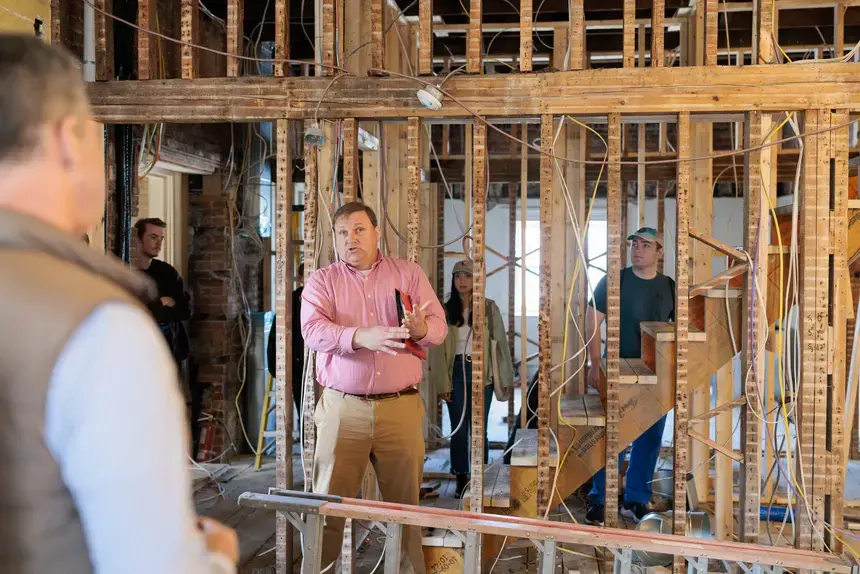About the Urban and Regional Planning Graduate Certificate
QUICK LINKS
Urban and Regional Planning Graduate Certificate Facts
Format
On campus
Credits Required
16
Time Commitment
1 year
Cost
2026-2027 Academic Year
$1,176 per credit
$2,437 Additional Fee for Studio Classes
Fees
2026-2027 Academic Year
$490 per semester (full-time students)
$165 per semester (part-time students)
Ways to Save
Apply By
Fall: March 1 (priority), June 15 (regular), August 1 (final)
Spring: November 1 (priority), December 15 (regular), January 6 (final)
Summer: March 1 (regular), April 1 (final)
Upcoming Events
Urban and Regional Planning Graduate Certificate Program Overview
Required and elective courses are based on core concepts of sustainability and smart growth in order to provide a strong foundation for planning in a world of diminishing resources, environmental degradation, and climate change. Students who complete the certificate will have an understanding of the theory of planning, stakeholder engagement, land use and physical planning and its relationship to urban design, environmental/heritage conservation, transportation planning, sustainable development, planning law, and principles of equity and social justice. Potential areas of employment in which a student could use the skills gained through this certificate include architecture, landscape architecture and planning practices, in local governmental agencies, non-profit advocacy organizations, private consulting firms, and policy institutes.
The program is part of the Cummings School of Architecture, which offers additional graduate programs in Architecture, Preservation Practices, and Real Estate. The School is also home to the Cummings Institute for Real Estate.
RWU Master of Architecture and M.S. Preservation Practices students can earn the Urban & Regional Planning Graduate Certificate as part of their degree with no additional cost or coursework.
Certificate Requirements
Application Requirements
Upcoming Events
The Office of Graduate Admission hosts Open Houses and Virtual Information Sessions throughout the year.
View our upcoming events for the most current opportunities to hear about the Urban & Regional Planning Graduate Certificate.



